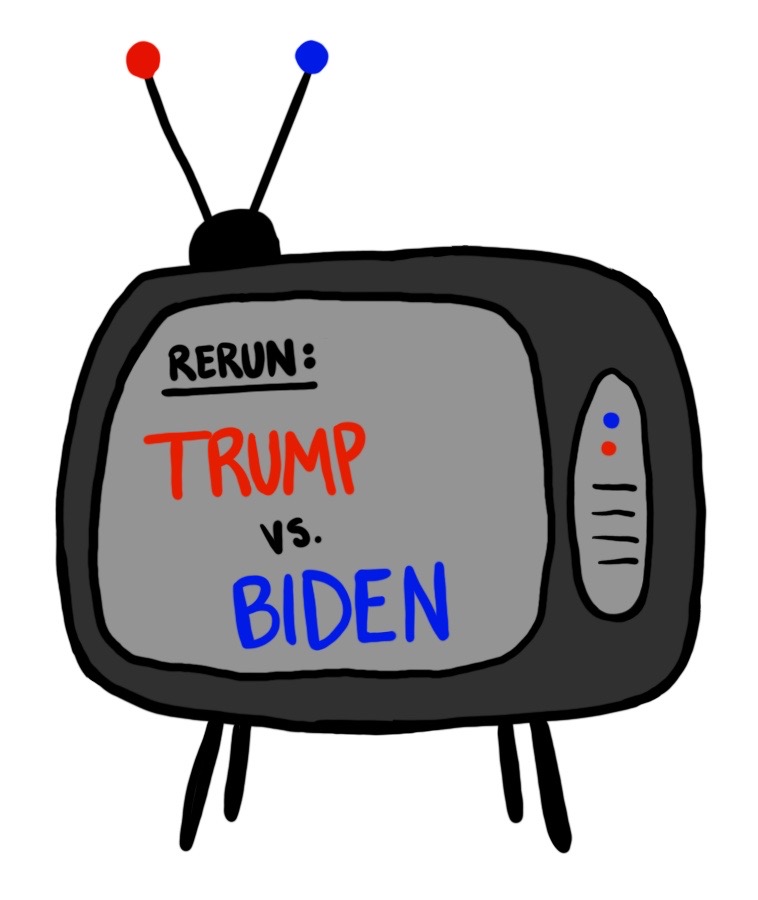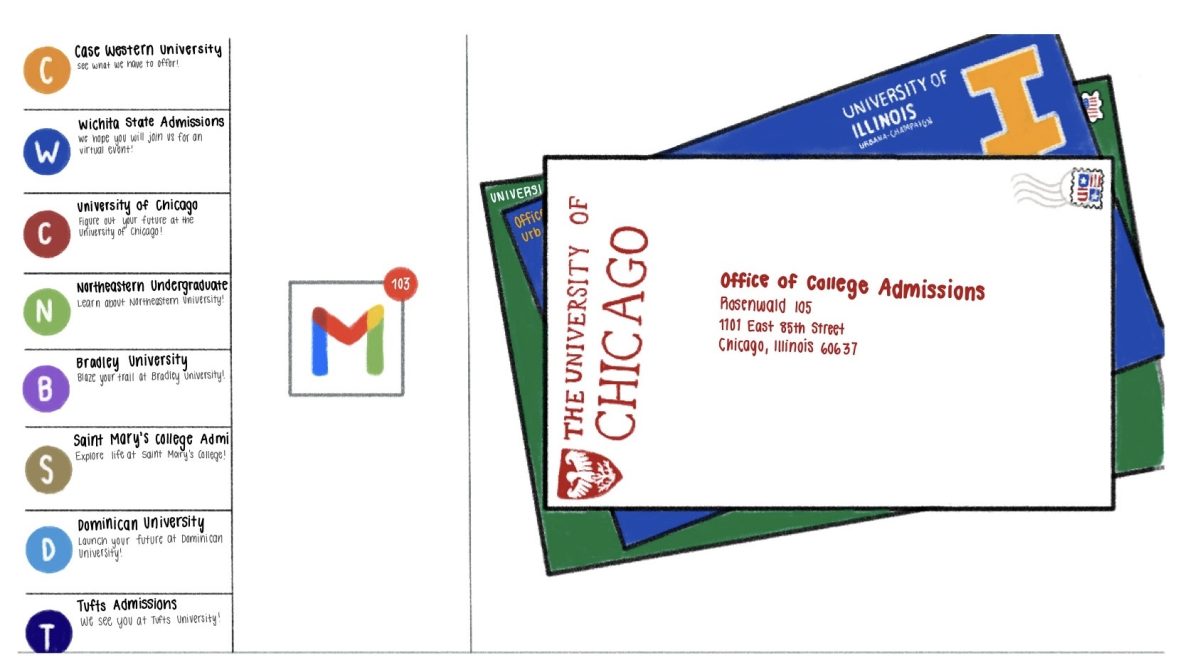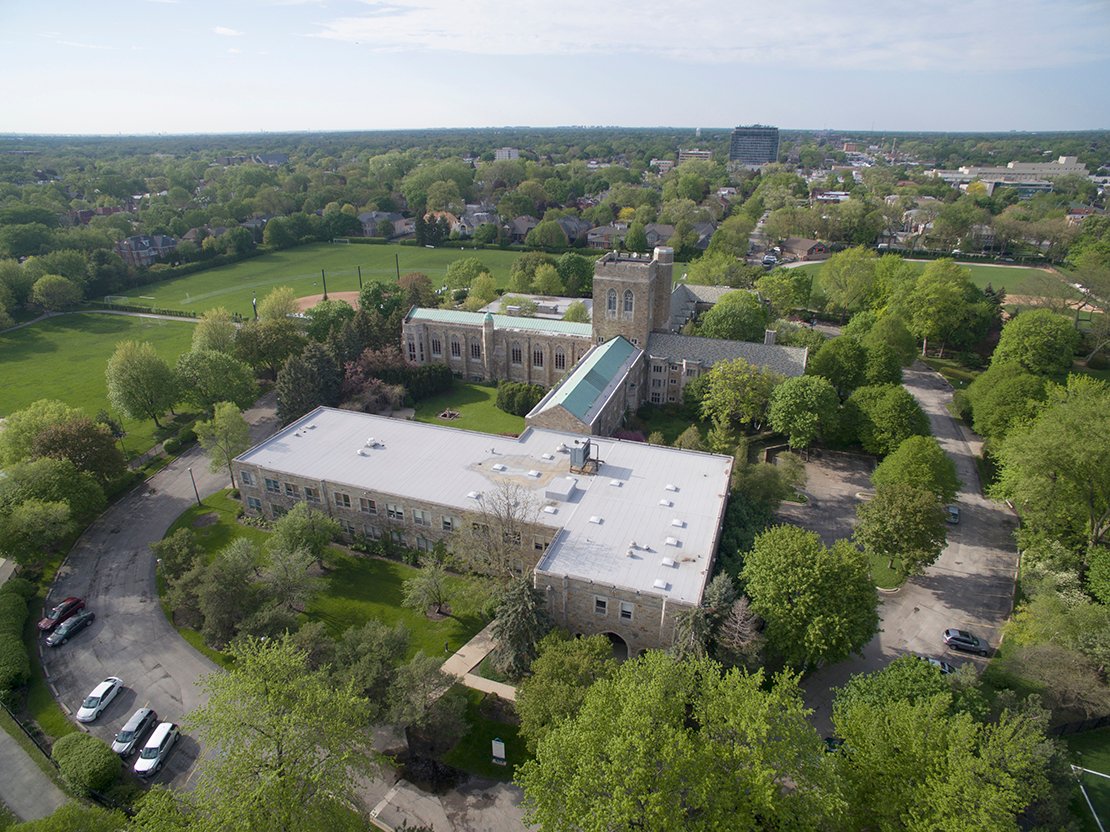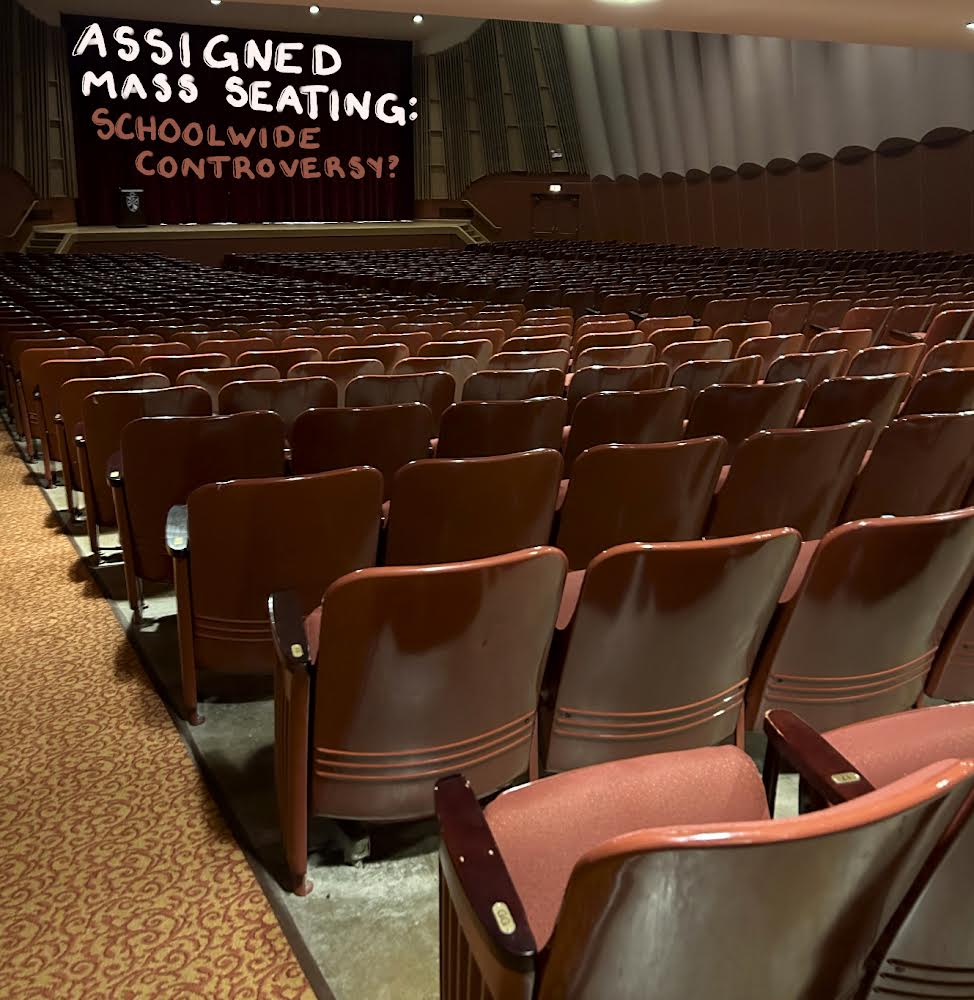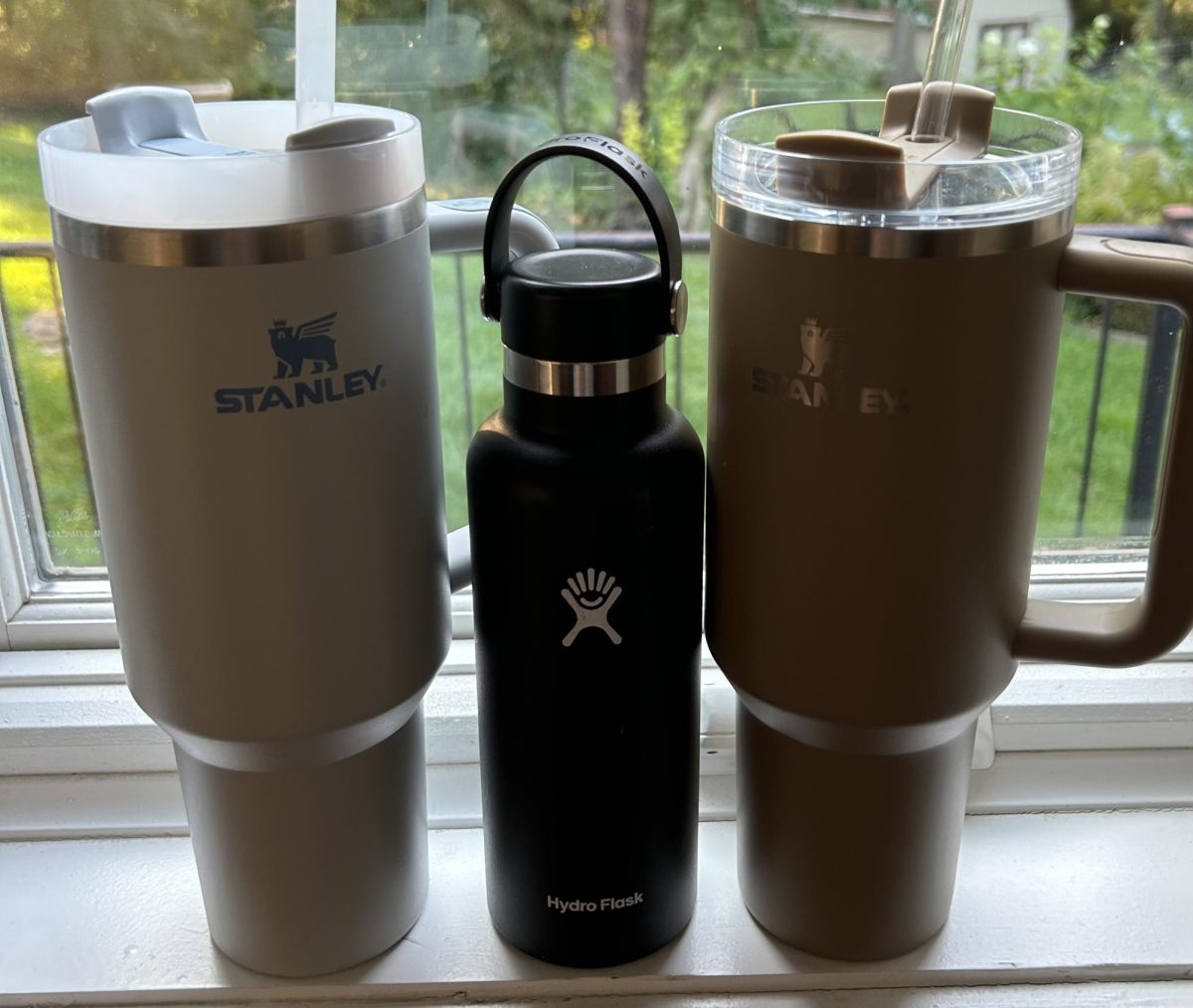Are the club elections at Fenwick a democracy or are they popularity contests? All clubs at Fenwick are required to have student leadership. Mr. Barabasz, Assistant Principal and Head of Clubs and Activities, states “Clubs should create multiple leadership opportunities for students.” Furthermore, Mr. Barabasz says that it is recommended that clubs operate under a dual-leadership structure, meaning that it has to have at least two co-presidents. However, do underclassmen get a role in all this? “Club leadership has to have at least one underclass leadership position,” he explains, “This is to ensure that there is succession planning year to year.” In addition, other than having two co-presidents, clubs can also organize by committee as well.
How the elections are run and what they look like are different for every club. Most commonly, the people who want to run for office will show interest in the position they want, present their credentials or why they should have this position, and then finally there is the election certified by the club moderator. This is where the main difference amongst the clubs comes in. For some clubs the election process is virtual, where a Google Form is sent out with the nominees names. In other clubs, the elections are held in-person, either with or without an anonymous vote. For example, the Student Council typically holds elections in the spring for upperclassmen officer positions. However, Student Council Moderator, Mr. Walsh, states that “This year, under the leadership of co-moderator Mr. Baran, we are reevaluating how we do things so it is possible this changes in the future.” Furthermore only juniors and seniors are elected, but underclassmen have opportunities to get involved in other ways. However, the question still remains: are the elections fair?
Are moderators involved in the process at all? Do they have any say in who wins? Mr. Walsh states that “Moderators do not have any say in who wins but we do set guidelines for who can be placed on the ballot.” Additionally, the underclassmen who want to have a role in student council are chosen through an application process. The upperclassmen officers review those applications and make their choices based on the qualifications. Mr. Walsh further explains,“The moderators oversee this process but have not played a role in any of these decisions.”
The club elections at Fenwick have been proven to be more democratic than simply a popularity contest. If you are interested in a leadership role, you shouldn’t be afraid to run. Come up with a speech and present your credentials — it’s not just who is the most loved.




